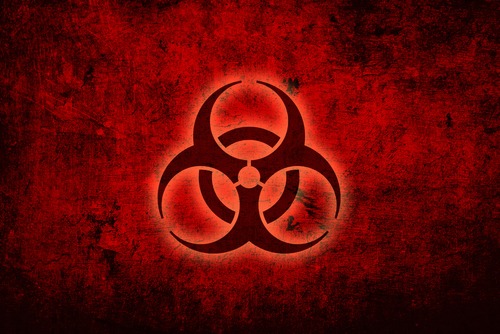
Nuclear Threat Initiative (NTI) and Munich Security Conference (MSC) personnel are espousing the benefits of a recently convened tabletop exercise to reduce high-consequence biological threats.
The effort involved uniting senior leaders from across government, industry, and civil society to examine global biosecurity and pandemic preparedness architecture gaps while identifying firm actions to reduce catastrophic biological events risk.
Themes included examining approaches for investigating biological events of unknown origin; coordinating an effective international response to high-consequence biological events impacting supply chains and public services; dissecting cybersecurity risk impact on efforts to prevent and respond to biological events; and considering challenges to biothreat assessment and intelligence.
The scenario presented to participants was one in which there was a localized bioweapons attack against cattle in the fictional country of Andoriban with a genetically engineered strain of the Akhmeta virus.
The attack was intended to cause targeted economic damage, but in the scenario, the virus also impacted humans and evolved into a global pandemic – with the response complicated by challenges attributing the source of the pandemic, lack of coordination across sectors at the national and international levels, and by cyber-intrusions stifling public health systems.
The scenario evolves into a globally catastrophic pandemic over a 20-month time frame, resulting in 2.2 billion cases and over 120 million deaths. The NTI is slated to publish a report in the coming months to summarize key findings from the exercise.




